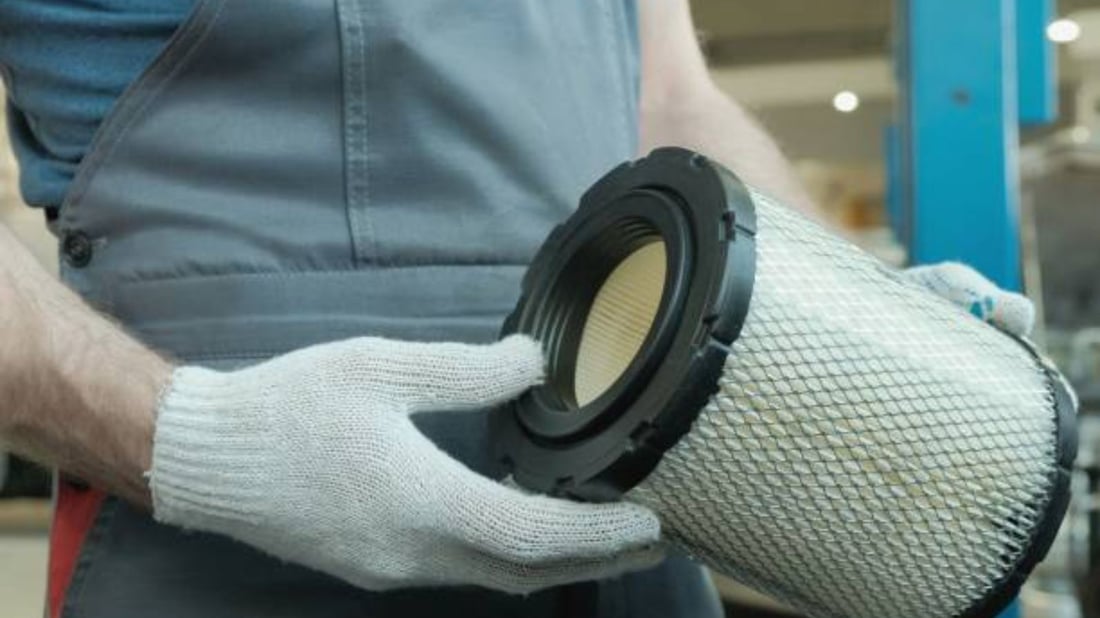Introduction
Hydraulic systems are essential to the smooth functioning of heavy machinery. In order to ensure their efficiency and durability, all their components must work in perfect harmony. One such crucial component is the
hydraulic oil suction filter. Below, we discuss why this filter is so important for the health and longevity of your hydraulic system.
What Is a Hydraulic Oil Suction Filter?
A hydraulic oil suction filter is a device that is installed at the inlet port of a hydraulic pump. Its function is to remove any debris and contaminants from the hydraulic fluid that is pulled in from the reservoir. Essentially, it prevents any particles larger than the opening of the filter from entering the hydraulic system, thereby protecting the pump, valves, and other components from damage.
Why Is It Important?
If a hydraulic pump were to draw in contaminated fluid, it risks causing substantial damage to the entire hydraulic system. Particles such as dust, dirt, and metal shavings can form a sludge-like mixture that can clog up a hydraulic system and cause serious damage. In addition, using oil that contains these contaminants can hasten the wear and tear of other hydraulic components, such as seals and bearings.
How Does a Hydraulic Oil Suction Filter Work?
The filter essentially works in the same way that any other filter does – it picks up debris and contaminants while allowing the oil to pass through. A common type of suction filter utilizes a screen mesh or metal perforated plate that stops anything larger than the opening from getting through.
What Are the Different Types of Suction Filters?
There are two main types of suction filters: the screen mesh filter and the depth filter. Screen mesh filters, as explained earlier, utilize a simple, flat, mesh screen to filter out debris. Depth filters, on the other hand, utilize a specially designed medium to catch the contaminants. Depth filters are generally more effective and efficient than screen mesh filters, but are also more expensive.
How Often Should You Replace a Hydraulic Oil Suction Filter?
The frequency at which filters should be changed will vary depending on the manufacturer's recommendations and the operating conditions. In general, however, it is recommended to replace suction filters every six to twelve months. Additionally, if the hydraulic system has undergone any major repairs, it is advised to replace the suction filter as well.
What Happens If You Don't Replace Your Suction Filter?
If you neglect to replace your suction filter regularly, you run the risk of allowing contaminants to build up in your hydraulic system, leading to clogged arteries, leakage from seals, and even system failure. In addition, outdated filters may lose their effectiveness, causing particles to make it into the hydraulic system.
How Do You Choose the Right Suction Filter?
Choosing the right suction filter will depend on the equipment you have and the work conditions you encounter. It's essential to find a filter that can tolerate the pressure, flow rate, and viscosity of the hydraulic system. Moreover, the size of the opening on the suction filter should be matched to the size of the hydraulic system. A filter that is too small will become clogged, while one that is too large will compromise filtration.
Where Can You Purchase a Hydraulic Oil Suction Filter?
Hydraulic oil suction filters are available from a variety of retailers. Some manufacturers of hydraulic systems offer them as part of their equipment package. Alternatively, you can find them at specialized hydraulic stores. There are online stores that offer a wide range of suction filters to choose from.
Conclusion
In conclusion, a hydraulic oil suction filter is a small yet critical component of any hydraulic system. It can significantly reduce the risk of damage and failure while extending the life of your hydraulic components. Replacing your suction filter regularly is essential to ensure it maintains its efficiency, and choosing the correct filter size and type is crucial for effective filtration.
Quote Inquiry
Contact us!

